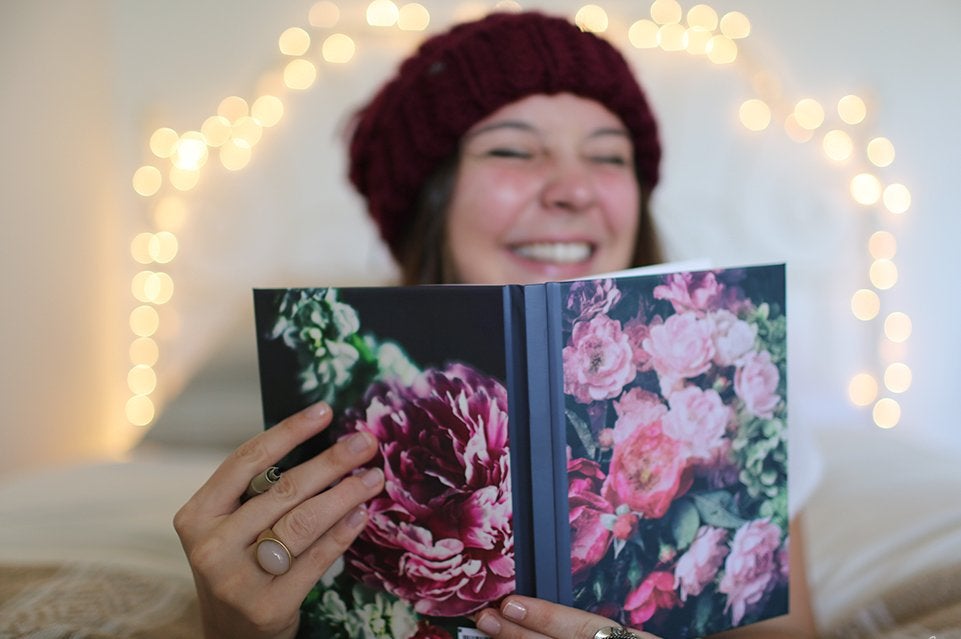Whether you are an introvert or an extrovert, it is beneficial to have time that is just for yourself. Alone time involves no acquaintances, friends or even family — it is just you. The thought of alone time can be daunting or boring and oftentimes it takes a lot to be by yourself with your thoughts and feelings. However, it is extremely healthy to give yourself the space to breathe individually, and there are multiple ways one can spend time alone.
Disclaimer: I am not a licensed professional, and the following knowledge shared in this article is based on personal experiences, interactions and lessons learned through therapy that have helped me. Please take everything lightly and do what is best for you!

Why should You have alone time, and what does it entail?
Alone time means spending at least a few (two or more) hours to yourself. This time involves not talking to any of the people in your life, including through social media interactions. Responding to a text here and there is technically okay, but being by yourself, yet texting or messaging someone through an app does not qualify. The point of alone time is to truly have “you” time, and you cannot do that through consistent dialogue with others.
Alone time can be super scary, but it’s actually a really great step in a self-love journey. The old phrase goes that you cannot love someone without loving yourself first. This is true in a romantic and platonic sense, and a good way to test your self-love is to see how you treat yourself when you are alone. Is your self-talk constantly negative? Do you find yourself bored and craving interaction after a short period of time? Your thoughts indicate your attitude toward yourself, and alone time can give you a new appreciation for who you are.
Having periods of alone time may also improve your day-to-day social encounters, and you might find yourself less likely to take them for granted. It’s good to create healthy boundaries in all relationships, and establishing alone time as one of those boundaries can help you appreciate your interactions more. You cannot truly miss someone, whoever it may be, if you are always talking to them. Additionally, it can be easy for your personal thoughts to get drowned out in these interactions. Maybe you find yourself confused about your emotions, opinions, etc. Alone time is a good way to sift and funnel through these continuous strings of thoughts and external inputs.
What are different ways To have alone time?
It can feel strange to do activities by yourself, but there are actually a variety of options. When I truly want to feel disconnected, I’ll treat myself to a day pass at a hotel or a spa. Usually, these environments encourage limited cell phone use, and it’s a good place to meditate, zone out or think. However, that is not always feasible, so here are some of my other suggestions:
- Do a craft while listening to music
- Go on a walk
- Watch a comfort movie/TV show
- Have an at-home spa day (face mask, nice shower, etc.)
- Go to an uplifting solo work-out class
- Journal
The possibilities are endless, but make sure you choose something you genuinely enjoy, so you can get excited about it. If your alone time does not include an activity that you love, you are not going to do it.
When you are doing your activity of choice, reflect on your last few weeks. Think of times when you’ve experienced intense emotions, positive or negative, and think about why that happened. Think about your goals and any action items you want to achieve, organize your last significant interactions and always try to have light-hearted thoughts. Remember to think positively about yourself and the qualities that make you interesting (I promise you, you have them), and overall make sure this alone time is a mentally refreshing experience.
How often should You have alone time?
Just as everyone has different social batteries, everyone benefits differently from different types and amounts of alone time. For reference, I am an extroverted introvert, meaning I like social events, but I need to be with a core friend group to enjoy it. My social battery runs out more slowly when I am spending time with people I am close to, and runs out more quickly when I am meeting new people, spending time with people I am still getting to know or hanging out in a group setting where the vibe feels off. I try to give myself alone time at least biweekly or triweekly. You may need more or less time than that given your social preferences and lifestyle. Maybe you need weekly alone time, maybe you need monthly alone time. A general good rule is to have time to yourself at least once a month.
How long should that time be? Once again, it is up to you. However, it should generally be at least a few hours, and if your alone time is less frequent, you should have it for longer periods. For example, if you opt for weekly alone time, two to three disconnected hours is great, but that time should be a few hours longer, if not a full day if you are doing it monthly.
When first starting out, figuring out your alone time preferences can be difficult. It is always easier to build up in these circumstances. As a baseline, try a few hours every two weeks and adjust accordingly from there. Make sure to mark it in your calendar, so you hold yourself accountable.
Don’t discount alone time! It is a great way to practice self-love, exercise self-care and regulate your mental health. My designated alone time is coming up, and I cannot wait! I’m currently planning to scrapbook and listen to some music! It’s something that brings me joy, and I hope you can implement an alone time regimen that brings you the same level of happiness.




